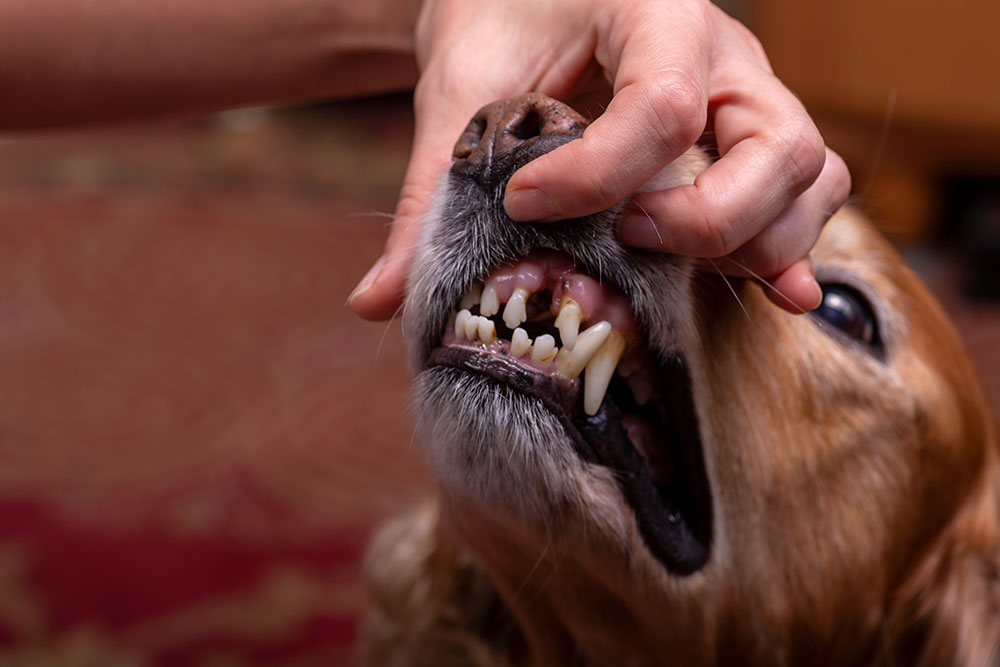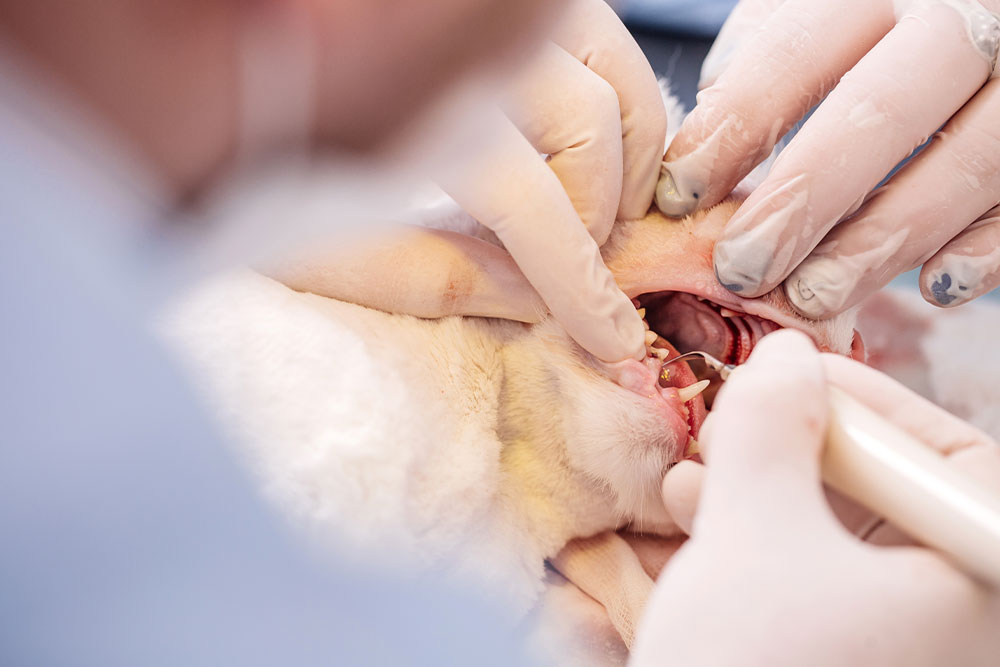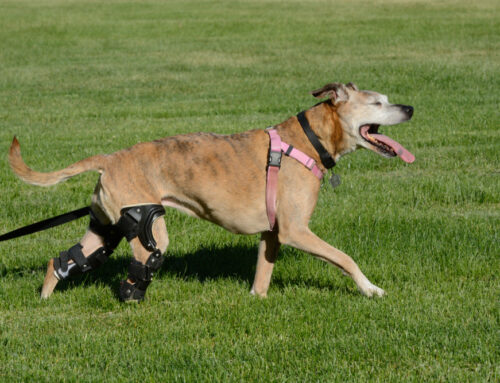Dental injuries can happen in a split second—your dog catches a hard toy just the wrong way, or your cat takes a fall—and suddenly there’s a visible chip, blood, or discomfort that’s hard to ignore. At the Veterinary Medical Center of Indian River County in Vero Beach, Florida, we treat dental trauma regularly and know how unsettling it can be to see your pet in pain. Here’s what you should know if you notice a broken tooth, and how we approach treatment to restore comfort and prevent complications.
What Counts as a Broken Tooth?
Not all dental fractures are the same. Some involve only the enamel, while others extend deeper into the dentin or even the pulp—the sensitive inner core of the tooth. Complicated fractures that expose the pulp can cause significant pain and lead to infection, even if your pet doesn’t show outward signs. Root fractures, while not visible externally, can compromise the entire tooth structure and often go undetected without imaging.
Common Causes of Tooth Fractures
In many cases, the culprit is chewing on something too hard—antlers, rocks, ice, or certain “indestructible” toys. Trauma, like a fall or a blow to the jaw, can also result in breaks. Underlying conditions like periodontal disease may weaken teeth, making them more prone to injury. Unfortunately, many well-intentioned chew items sold in stores are actually too hard for safe dental use.
Why Broken Teeth Shouldn’t Wait
A fractured tooth isn’t just uncomfortable—it can open a direct path for bacteria to enter the pulp and spread beyond the mouth. That’s how dental issues become systemic, affecting organs like the heart and kidneys. Even small breaks can become serious if they go untreated. Learn why oral health impacts overall wellness.
What to Watch For
While some signs of dental trauma are obvious—like a visible chip or blood—you may also notice subtler symptoms: swelling around the face, pawing at the mouth, changes in appetite, or a sudden reluctance to chew. Many pets continue eating through pain, so behavioral cues are important. If you’re unsure, we’re always happy to take a look.
How We Diagnose and Treat Broken Teeth
Once your pet is in our care, we begin with a full oral exam and dental radiographs. These X-rays allow us to see beneath the gum line and evaluate root health, pulp exposure, and possible abscesses. Here’s why dental X-rays are essential.
Treatment depends on the type and severity of the fracture. In some cases, we can preserve the tooth with root canal therapy and crown restoration. In others, extraction is the best course—especially if the tooth is fractured below the gum line or at risk of infection. We’ll also address pain with appropriate medications and may recommend antibiotics if infection is present. Explore options for treating fractured teeth.
How It Affects Your Pet—and You
Dental pain impacts more than just mealtimes. Pets may withdraw, become irritable, or avoid play altogether. As their guardian, you’re likely to feel that stress too. Prompt treatment not only relieves their discomfort—it helps restore the energy and personality you love.
How to Prevent Dental Emergencies
While accidents happen, you can reduce your pet’s risk by choosing safer chew toys, monitoring playtime, and scheduling regular dental checkups. Avoid bones, antlers, and anything harder than your fingernail. The Veterinary Oral Health Council offers a list of safe, vet-approved dental products.
When a Broken Tooth Is More Than It Seems
In rare cases, what looks like a simple fracture may be linked to a more complex condition—like a tooth root tumor or undiagnosed metabolic disease. That’s why diagnostic imaging and a thorough health history are critical. Learn more about oral tumors in pets.
Before Your Visit
If you’re coming in for a dental evaluation, bring along your pet’s medical history, a list of any current medications, and photos or notes about symptoms you’ve noticed. If your pet is showing signs of infection—swelling, bleeding, or lethargy—please call ahead so we can prioritize urgent care. Contact us here, or learn about our 24/7 emergency services.
We’re Here to Help
Dental emergencies can feel overwhelming, but you don’t have to navigate them alone. At the Veterinary Medical Center of Indian River County, our experienced team is ready to provide expert, compassionate care tailored to your pet’s needs.








Leave A Comment